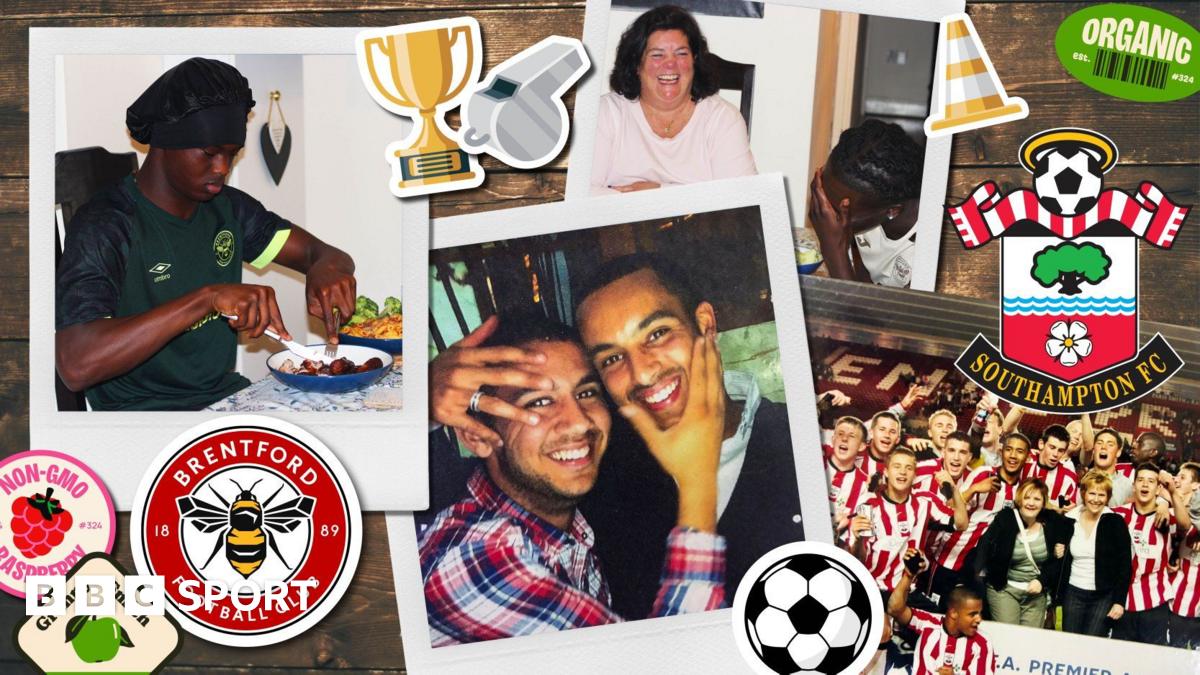Premier League academy host family system explained and Theo Walcott’s Gareth Bale stories
Some clubs eschew the host family approach in favour of a boarding system, in which players live together in dormitories on club property, the most famous being Barcelona’s La Masia.
“There are strengths and weaknesses to both models,” says Sam Bayford, Brentford‘s academy head of safeguarding.
“The reason we went with our model is that we want to give the players a real break, a geographical and psychological separation rather than living with and sleeping next to the lads they’ve been training with all day.”
Adolescence is a key time for personal, physical and technical development in young footballers – done right, the management of an academy player’s living situation can propel them forwards.
From age 15 Theo Walcott spent two years living at Darwin Lodge, a boarding house run by Southampton until 2010, which the former England international credits with underpinning his successful career.
Walcott lived at the Lodge alongside players like Adam Lallana, Nathan Dyer, and Leon Best, and shared a bedroom with five-time Champions League winner Gareth Bale.
“Being around the other players all the time I found really hard at the start,” the former Arsenal winger tells BBC Sport. “But the environment was built to be like you were in a proper home.
“When you have a lot of good players in the same age group around each other constantly every day, you can feed off each other, always willing to do well together.
“People would act silly sometimes. You would come home and the lights would all be off and you’d know you were in trouble because Gareth and a lot of the other players would be waiting with their underpants on their head and batter you with pillows! You’d have to dart to your room but luckily I was quick.
“Put us all together in a room even now, it’s like we saw each other yesterday.”
